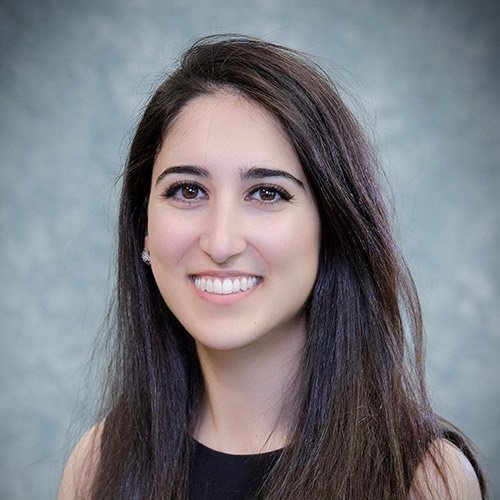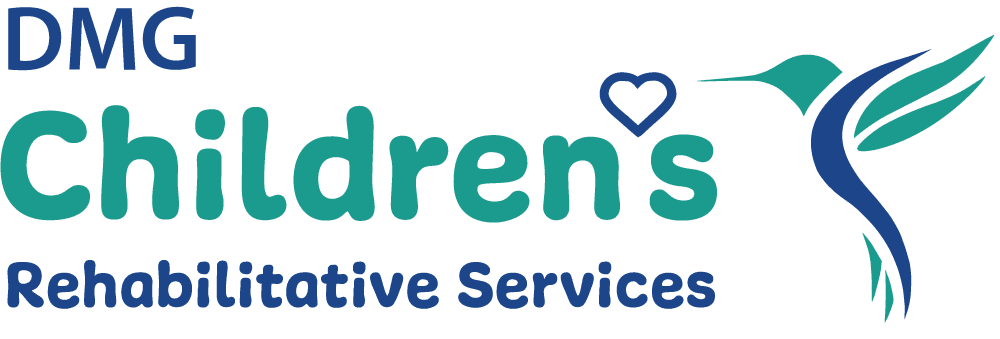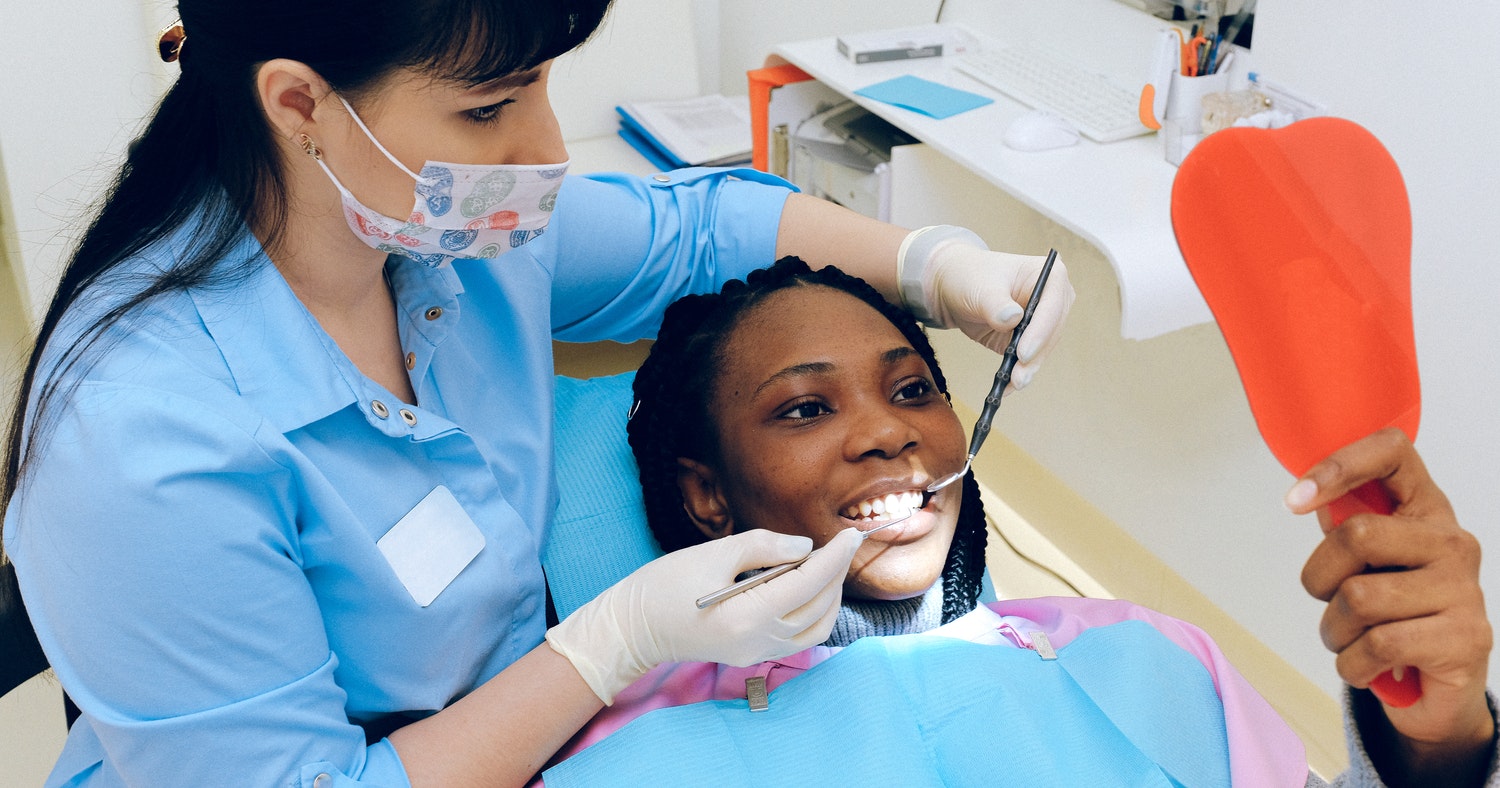Dental Services Expanded with the Addition of Two Dentists
DMG Children’s Rehabilitative Services (DMG CRS) has expanded dental health services, including more space and two new dentists. With these changes, we are also now serving patients of all ages- from small children to adults. We’re excited to now be a one-stop shop for dental services for the whole family.
Our experienced and dedicated team offers preventive and assessment services for pediatrics and adults, including:
- Cleanings
- Exams
- Fluoride varnish
- Sealants
- X-rays
Meet Our New Dentists
Sara Karlin, DSD is a Board Certified pediatric dentist who is relocating from the East Coast to sunny Arizona. Completing her dental education at University of Maryland, Dr. Karlin completed her specialty training in pediatric dentistry at New York University and Bellevue Hospital Center.
Treating patients at the Rose F. Kennedy Center during residency provided Dr. Karlin the opportunity to skillfully treat patients with special needs. This experience and her compassionate approach to care with greatly benefit our young DMG CRS patients with unique medical conditions and needs.
When Dr. Karlin is not treating patients, she enjoys spending time outdoors, playing tennis and singing. While she lived in Manhattan, she relished the opportunity to attend Broadway shows with friends and family.
 Leila Zadeh, DMD serves patients of all ages- from kids to adults- and is committed to staying up-to-date with the latest advancements in dental procedures, techniques, and materials. In fact, when she is not treating patients, she regularly reviews and completes continuing medical education (CME) courses to ensure she is providing patients the most current, high quality care.
Leila Zadeh, DMD serves patients of all ages- from kids to adults- and is committed to staying up-to-date with the latest advancements in dental procedures, techniques, and materials. In fact, when she is not treating patients, she regularly reviews and completes continuing medical education (CME) courses to ensure she is providing patients the most current, high quality care.
Inducted into the National Dental Honor Society of Omicron Kappa Upsilon, Dr. Zadeh received her Doctor of Dental Medicine (DMD) from AT Still University’s Arizona School of Dentistry and Oral Health (ATSU-ASDOH), where she graduated with honors. She completed an additional post-doctoral program in Advanced Education in General Dentistry (AEGD) through New York University Langone Dental Medicine at ATSU-ASDOH. During this AEGD program, Dr. Zadeh provided needed dental care to underserved populations in Arizona serving patients of all ages.
Dr. Zadeh is active in the dental health community and is a Board member of the Arizona Academy of General Dentistry, Central Arizona Dental Society, Phi Beta Kappa National Honor Society, and Omega Kappa Upsilon National Dental Honor Society. She is also a member of the American Dental Association and Academy of General Dentistry.


